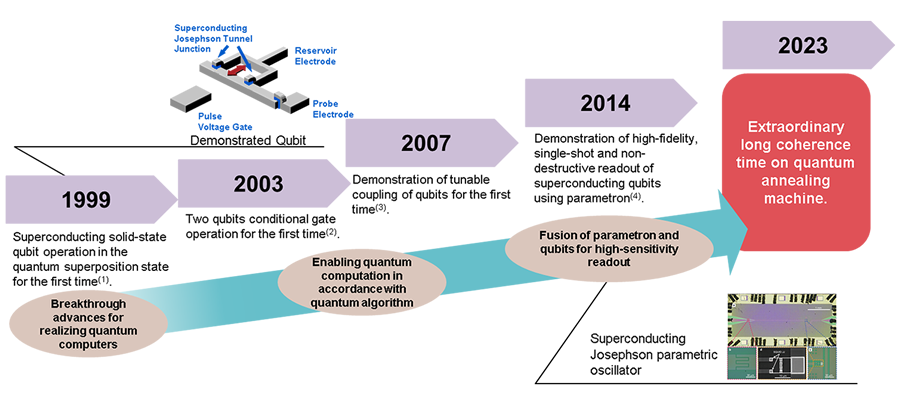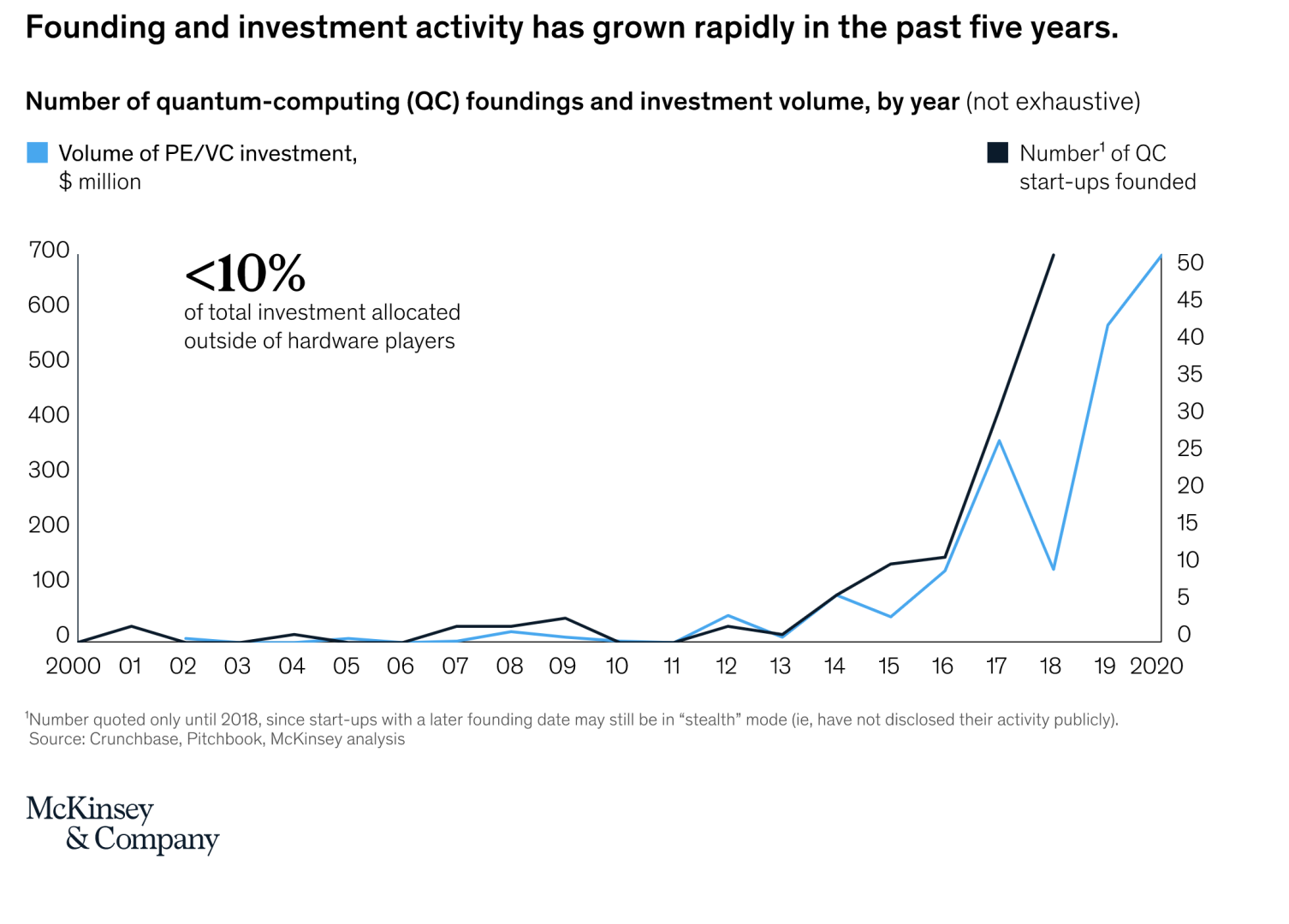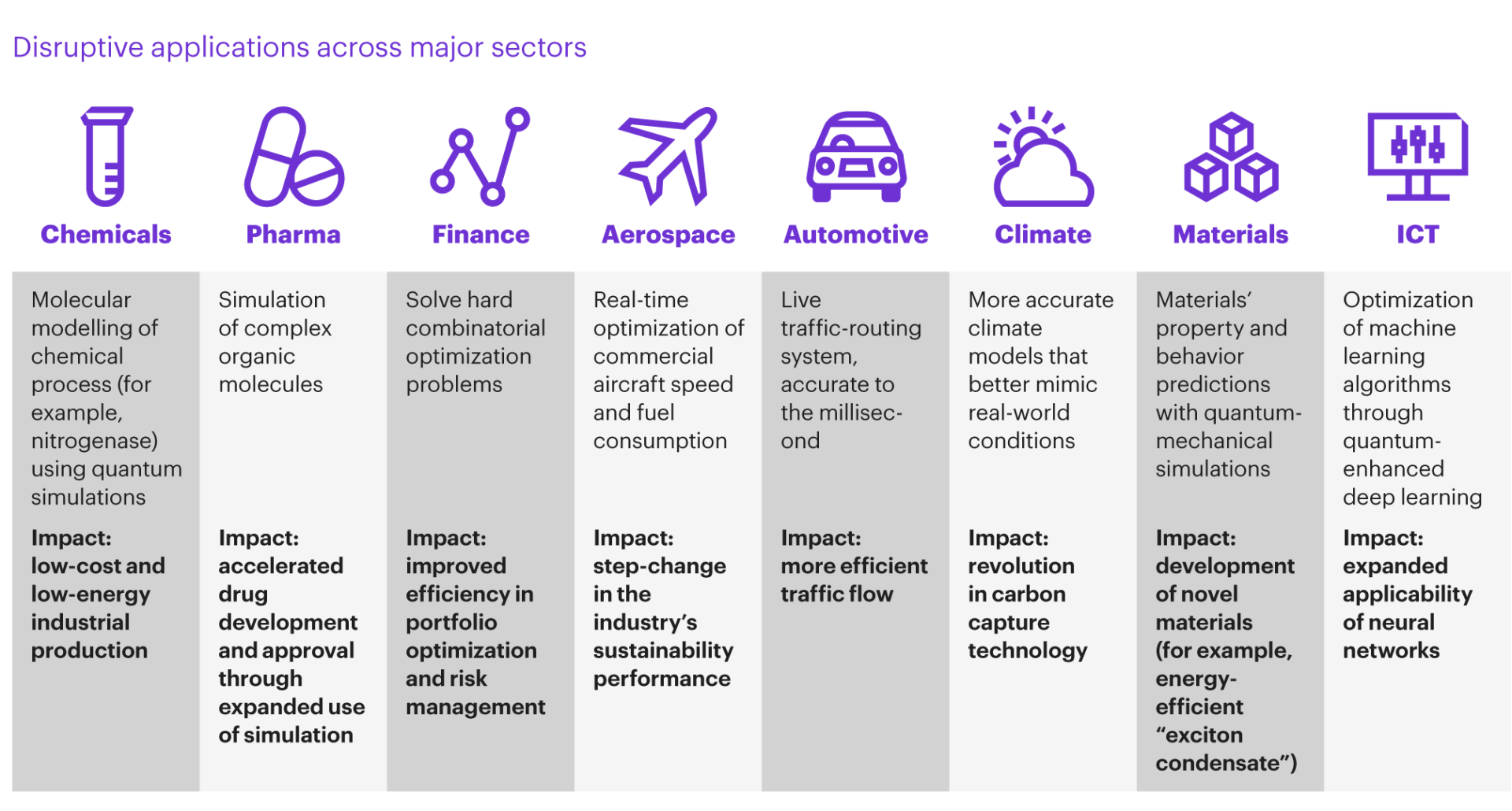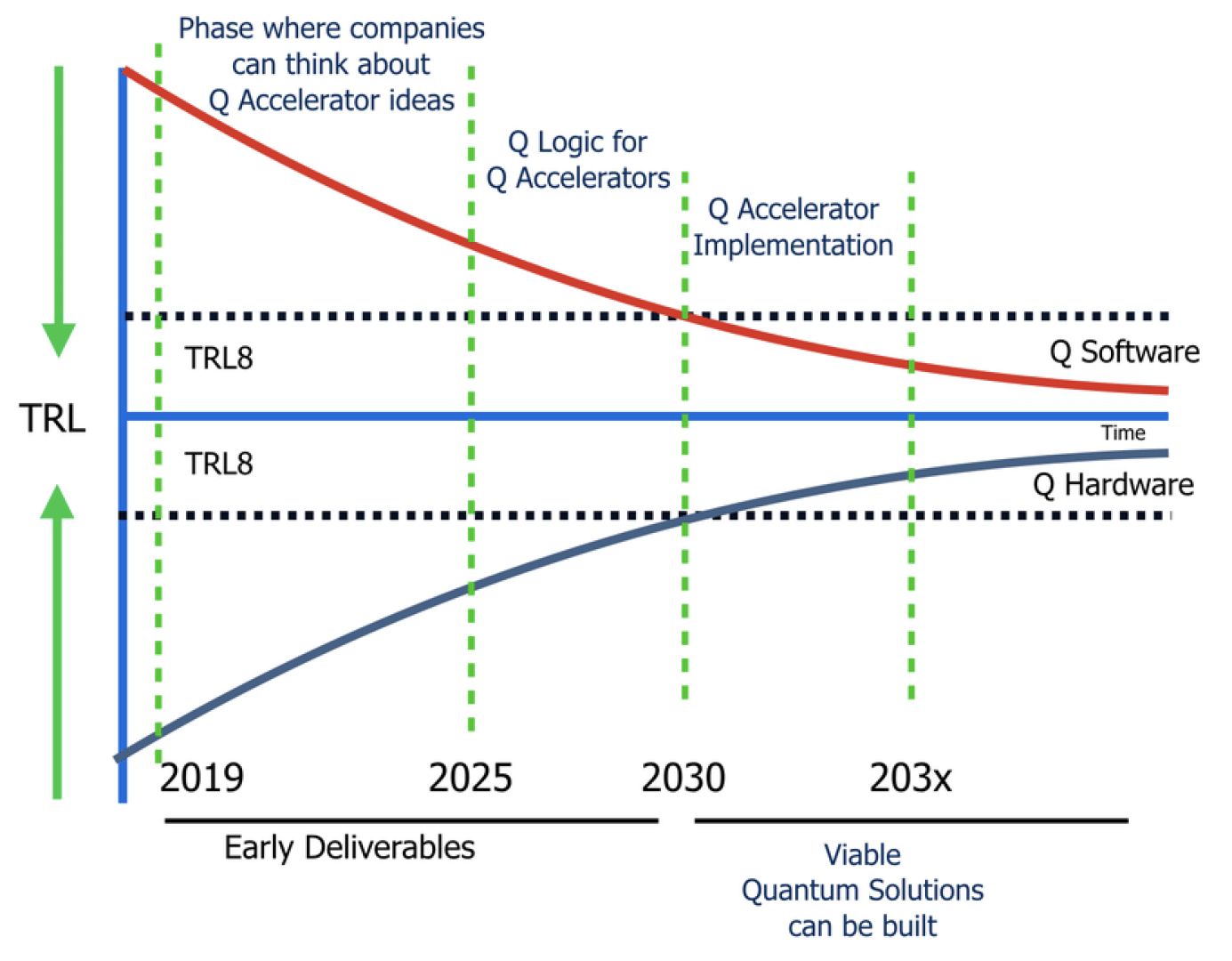Comments
- No comments found

Quantum computing has been gaining a lot of attention lately, with some of the biggest tech companies investing heavily in the field.
From Google claiming "quantum supremacy" in 2019 to IBM's recent announcement of the world's first quantum computer with over 100 qubits, quantum computing is poised to play a major role in the future of computing.
This article will explore the evolution of quantum computing and its potential applications in various fields. We will look at the history of quantum computing, its current state, and what the future holds for this exciting technology.

Source: NEC
Quantum computing has its roots in the theories of quantum mechanics, developed in the early 20th century. The concept of quantum computing was first proposed by physicist Richard Feynman in the 1980s, who suggested using quantum mechanics to perform certain types of computations more efficiently than classical computers.
In 1994, Peter Shor developed a quantum algorithm for factoring large numbers, which could potentially be used to crack encryption codes. This discovery sparked significant interest in the field and paved the way for the development of the first quantum computer.
In the early 2000s, companies like D-Wave Systems and IBM began developing and commercializing quantum computers, leading to significant advancements in the field. In 2019, Google claimed to have achieved "quantum supremacy" with its 72-qubit quantum computer, which was able to perform a specific calculation in just a few minutes that would take a classical computer thousands of years to complete.

Quantum computing is still in its early stages, and there are many technical challenges that must be overcome before it can be widely adopted. However, the recent advancements in the field have shown tremendous promise for its potential applications.
One of the biggest challenges in quantum computing is controlling and maintaining the delicate quantum states that are necessary for computation. This requires specialized hardware and cooling systems to maintain the necessary environment for the qubits.
Another challenge is the development of algorithms and software that can make use of the unique capabilities of quantum computers. Currently, there are only a limited number of applications for quantum computing, but as the technology advances, more and more uses will be discovered.
Despite these challenges, quantum computing has already shown tremendous potential in various fields, including cryptography, chemistry, and finance.
Quantum computing has the potential to revolutionize a wide range of industries and fields. Some of the most exciting potential applications include:

Quantum computers have the potential to break the encryption codes that are used to secure sensitive information. However, they can also be used to create new and more secure encryption methods that are immune to hacking.
Quantum computers can be used to simulate chemical reactions and predict the behavior of molecules, which could lead to major advancements in drug discovery and development.
Quantum computers can be used to optimize complex financial models and perform risk analysis, which could lead to more efficient and effective investment strategies.
Quantum computing can be used to optimize complex supply chain networks, leading to more efficient and cost-effective logistics.
Quantum computing can be used to develop more advanced artificial intelligence algorithms, leading to more intelligent and autonomous machines.

The future of quantum computing holds tremendous potential and is considered to be one of the most promising fields of technology in the 21st century. As the technology advances, it has the potential to change the way we solve problems and perform calculations, leading to new breakthroughs and innovations in a wide range of industries.
One of the main goals of quantum computing research is to increase the number of qubits in quantum computers, which will allow them to perform more complex computations and tackle even larger problems. As the number of qubits increases, quantum computers will become even more powerful, leading to new applications and discoveries.
Another area of focus for the future of quantum computing is the development of error-correcting algorithms and hardware. This will help to overcome the challenges of maintaining the delicate quantum states required for computation and make quantum computers more practical and reliable for everyday use.
Quantum computing is still in its early stages, but it has already shown tremendous potential for revolutionizing various industries and fields. As the technology continues to evolve, we can expect to see even more exciting developments and breakthroughs in the coming years.
Leave your comments
Post comment as a guest